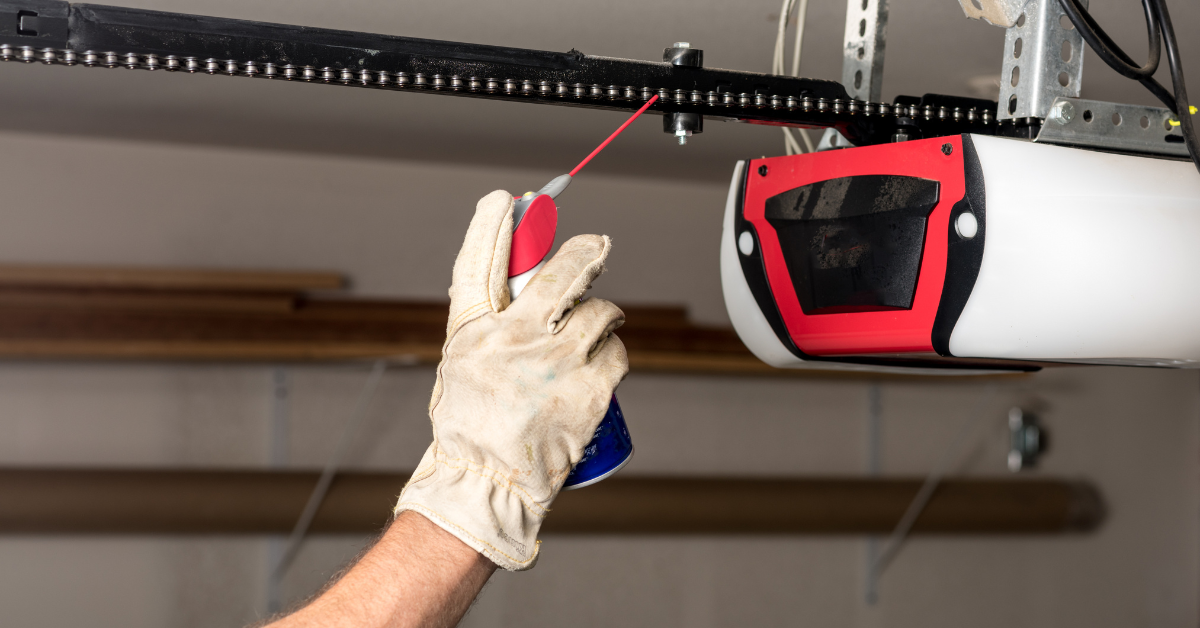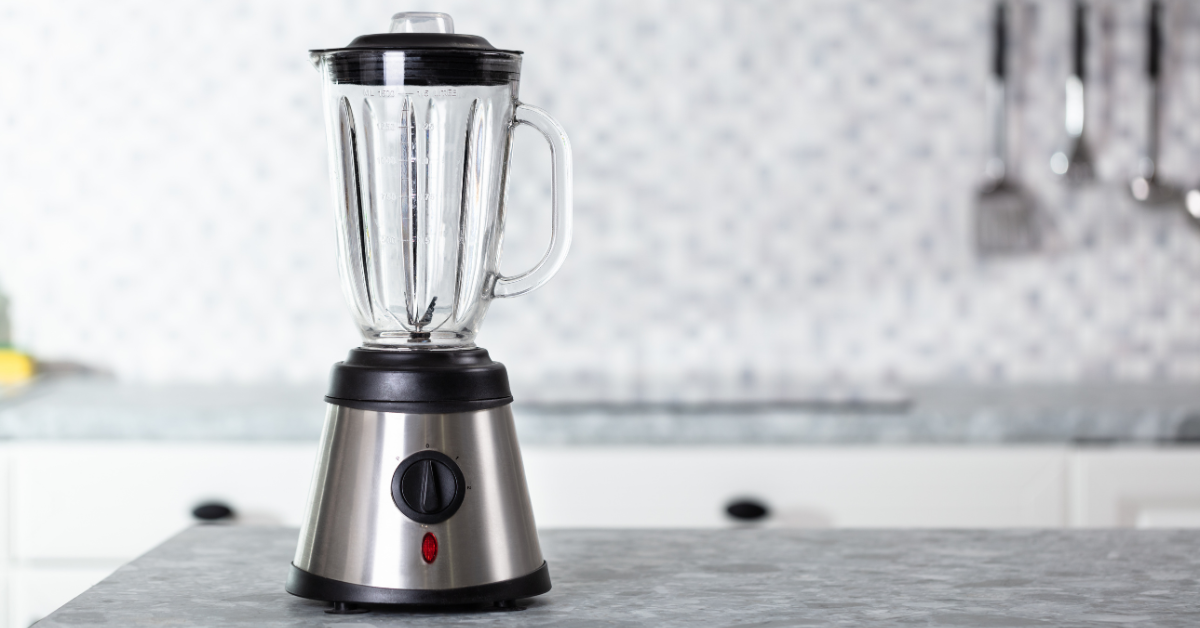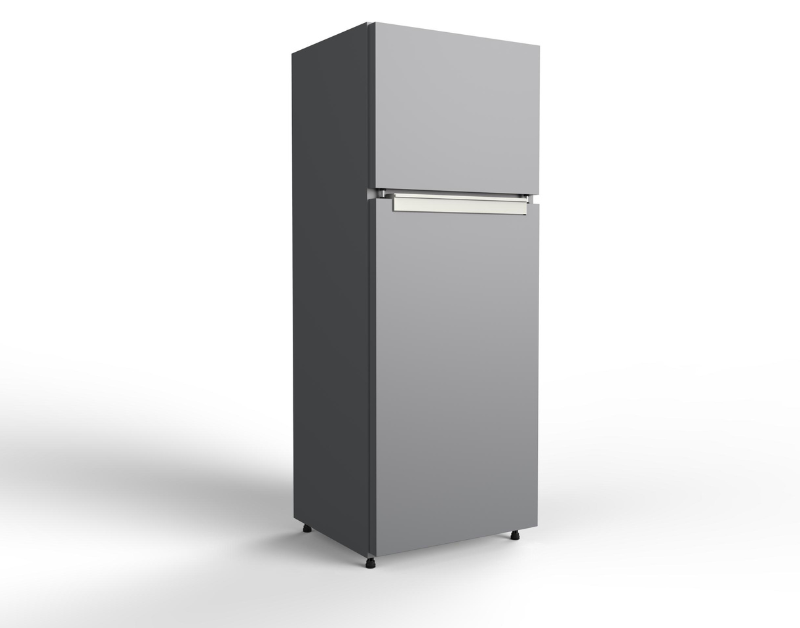That painstaking squeal, grind, or rattle. Urgh! it’s worth learning how to fix a noisy garage door.
If you find your garage door noisy when opening, it might be because of damaged rollers, insufficient lubrication, or bad installation.
This page follows a simple approach. You’ll learn the best solutions for fixing a noisy garage door, as well as the potential causes of the problem. There’s also a garage door fixing cost comparison chart and noisy garage door FAQs.
Skip to:
- How to fix a noisy garage door in 6 easy steps
- Cost of fixing a noisy garage door (comparison chart)
- Noisy garage doors FAQs
How to fix a noisy garage door
The best solution for fixing your noisy garage door will depend on the cause.
Work your way through this list of causes and solutions, and you’ll identify the problem:
1. Insufficient lubrication
Eliminating this as a potential problem represents a ‘first line check’. The parts of your garage door need adequate lubrication to run smoothly, and more to the point, quietly!
Grinds or squeaks when opening may certainly point toward a lubrication problem. Even if you have the feeling that the problem is due to something else, it makes sense to lubricate parts first, especially if you haven’t done so in a few weeks.
Solution? Use white lithium grease or silicone spray to lubricate all moving parts of your garage door. This includes the hinges, rollers, and springs.
Get to work with your lubricant of choice. You can raise the door first, allowing you to spray the inner rollers. Then when you lower the door, the lubricant will spread naturally.
A synthetic lubricant spray such as silicone spray offers the advantage of not dripping or running in the way that some oil lubricants do. If the lubricant does drip, simply wipe with a cloth.
If lubricating the parts has done the trick, that’s an easy win! Just ensure that you continue to lubricate all moving parts at least three times a year.
2. Loose nuts and bolts
The annoying noise that you are hearing, especially if it’s a rattle, could be due to nuts and bolts that are loose… or even missing.
These nuts and bolts are vital for holding the door and its track supports securely in place. If they aren’t in place, or are absent, this could cause the rattling when your garage door is opening or closing.
Solution? First, check that there are no nuts and bolts missing. Then proceed to tighten them all using a socket wrench or ratchet. Ensure they are all fully tightened, but don’t overtighten them as this could cause damage.
Always disconnect your garage door before you begin This will safeguard you against somebody opening or closing it while you are working on it.
And another word of warning – don’t adjust any springs, or cables and steel brackets that may be connected to springs. Any spring adjustments should only be done by a trained professional.
3. Wear and tear on the rollers
If this is the probem, you need to fix it right away.
The rollers on garage doors are the wheels that allow the door to slide on and off. You don’t want them to become damaged, as this increases the risk of your garage door falling onto your vehicle.
If you have made the checks recommended above, and are still hearing a squeaking or rattling, it might be because the rollers have worn down. You will have been able to check for signs of rust and corrosion when you lubricated all the moving parts in step one.
Solution? If you do notice rust or wear on the rollers, lubricating them in the first step should’ve helped. If you have plastic rollers, these are more susceptible to wear and will need replacing periodically. Nylon and steel rollers should last longer.
If you are unsure if the rollers need replacing, ask your local door system technician. Not only will they be able to advise you on the best rollers for your garage door, but they can also offer installation services.
4. Damaged springs
Poorly lubricated or damaged springs can cause your garage door to make a hell of a noise.
You should have lubricated the springs in step one. If you did this, we can rule out the possibility of poorly lubricated springs. However, your springs may have become stretched or damaged, and that could be causing the noise.
If a) you noticed damage to your springs when you were lubricating them, or b) you have the feeling the noise is coming from them, having already ruled out other possibilities – you should get your springs checked by a trained technician.
Solution? Call in a professional trained in door systems to take a look at the springs, and replace them if necessary. Do not attempt to adjust or replace springs yourself under any circumstances. High spring tension presents a hazard that may cause serious injury.
Garage door springs do need replacing every few years. Their lifespan will be shortened if they haven’t been lubricated periodically.
5. Damaged hinges
The same applies to hinges as it does to springs. Hinges are moving parts that should be lubricated periodically.
They might be the cause of your noisy garage door if you have already ruled out some of the potential problems above.
If when lubricating you noticed wear or damage to the hinges, this is cause for concern. You also might have spotted filings (small fragments of metal that have come off the hinges), and this is also a warning sign.
Solution? If you see or suspect damage to the garage door hinges, never attempt to adjust or replace them yourself. Making any adjustments yourself risks causing serious injury. Call in a professional technician who is trained in garage door systems.
While replacing garage door hinges may be simple enough for a trained professional, this is one of the most dangerous jobs you could do yourself. Don’t risk it. Ask a technician to take a look.
6. Substandard installation
Could it be that your garage door wasn’t installed properly in the first place?
The annoying noise – whether it’s rattling, screeching or grinding – may be the result of a bad installation. Parts may not be aligned correctly, or be loose and causing a problem. This could be due to the human error of the installer, or stem from substandard equipment.
You may consider this possibility, especially if your garage door was installed recently. But even if it’s a few months down the line – a noisy garage door could be due to incorrect installation.
Solution? Your garage door will need reinstalling by a professional. A trained technician should be able to identify this problem after making checks on your garage door.
Contact your original installer in the first instance. If the installation wasn’t done properly, they should be willing to rectify the problem free of charge.
Cost of fixing a noisy garage door (comparison chart)
What’s it going to cost you? Take a look at the comparison chart below to figure out the price of fixing your noisy garage door.

Another reminder that if your garage door was improperly installed, the door systems company who did the original job may not charge you for resinstalation.
Noisy garage doors FAQs
Need more information? If there’s something that hasn’t been covered, maybe you can find the answer below:
How do I know if there’s something wrong with my garage door?
How do I know if there’s something wrong with my garage door?
It’s not only noise that can give you a clue that something is amiss with your garage door. As well as strange sounds, ensure that your garage door is opening and closing smoothly. If the door isn’t sliding up and down as it should, you should have it checked by a professional.
My garage door is humming when in use. What does this mean?
One noise we didn’t cover above is a hum. If your garage door is humming – rather than squealing, rattling, or grinding – it may be because of the vibration made by a worn belt or chain. Lubrication and the tightening of nuts and bolts may help. If the noise persists, the belt or chain may need replacing.
Why are my garage door panels rattling?
If it is the panels of the garage door in particular that are rattling, this can be an indication that there are nuts, bolts, or screws loose around the panel joints. So long as there are no nuts or bolts missing, this may be an easy fix. It might just be a strong wind that is causing the panels to rattle. But the rattling may certainly be louder if nuts, bolts, or other parts are loose.
Other reasons could be that the panel joints themselves are bent and need reshaping or replacing. This should be done by a professional.
How often does a garage door need lubricating?
Aim to lubricate your garage door with silicone spray at least three times per year. This should cover you against rust and corrosion. After ensuring the garage door is disconnected from the power outlet, you should lubricate all moving parts including the rollers (or ball bearings if you have these instead), the hinges and springs.
If your garage door is still noisy after you have lubricated all moving parts, you are looking at another cause.
Dealing with noisy devices inside your house? Here are articles on what to do about a noisy air conditioner, and loud PS4 fan






